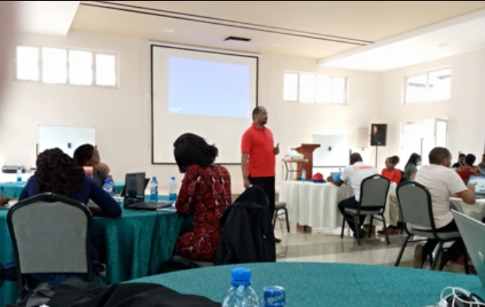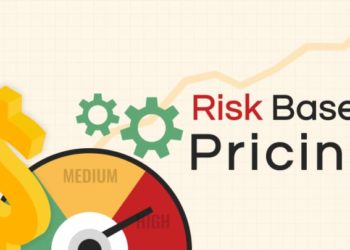The Kenyan government has given its approval to the Recognition of Prior Learning (RPL) policy. This policy, endorsed on Monday, aims to validate and acknowledge the practical knowledge and skills acquired by individuals in the informal sector.
The cabinet decision establishes a functional and credible system for recognizing competencies gained through practical work, irrespective of corresponding academic or institutional qualifications. Launched in 2020, this initiative is designed to ease the transition from informality to formality, providing a structured pathway for artisans.
As outlined in a Monday Cabinet dispatch, Alice Kande, the acting Director General of the Kenya National Qualifications Authority (KNQA), highlighted that the RPL policy creates a platform for enhancing livelihoods within the informal sector. Numerous learners who have undergone assessments are set to benefit from this initiative, receiving certificates based on their individual competencies.
Kande underscored the importance of collaboration among technical institutions to prevent certificate duplication, emphasizing that strong partnerships with the industry would enhance students’ learning experiences and ensure their skills align with current market demands.
The approval of the RPL policy and Credit Accumulation and Transfer Systems (CATS) in Kenya aligns with recommendations from the Presidential Working Party on Education Reforms (PWPER), led by Prof Raphael Munavu. The policy identifies, assesses, and certifies an individual’s knowledge, skills, and competencies against prescribed standards, representing a crucial step in harmonizing skills and certifications for employment purposes and meeting regulatory requirements across various sectors.
















